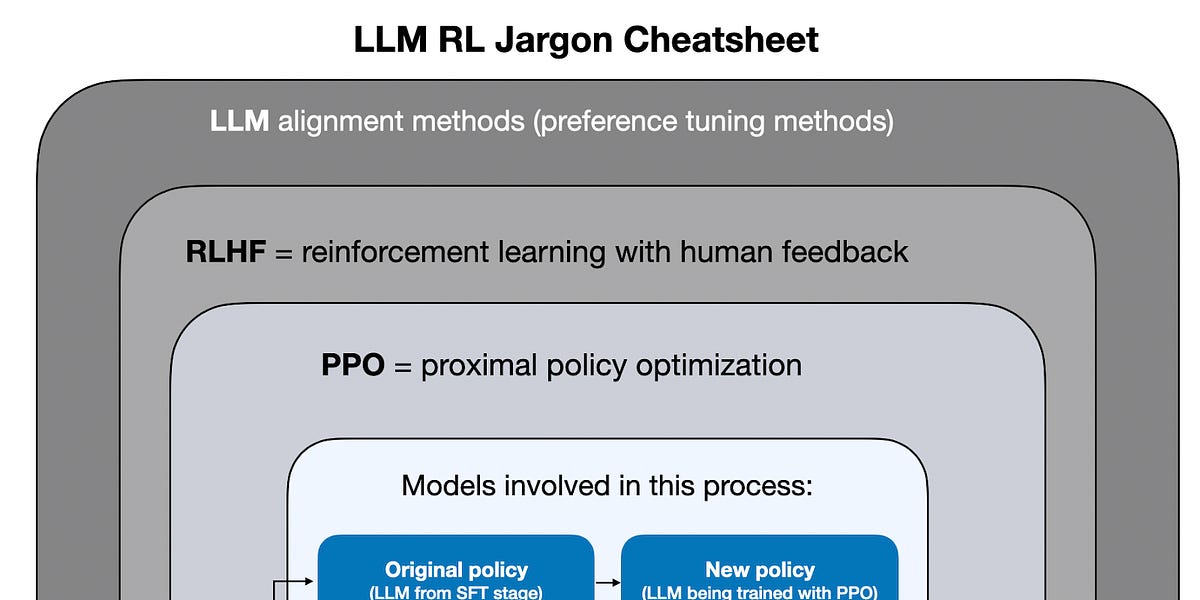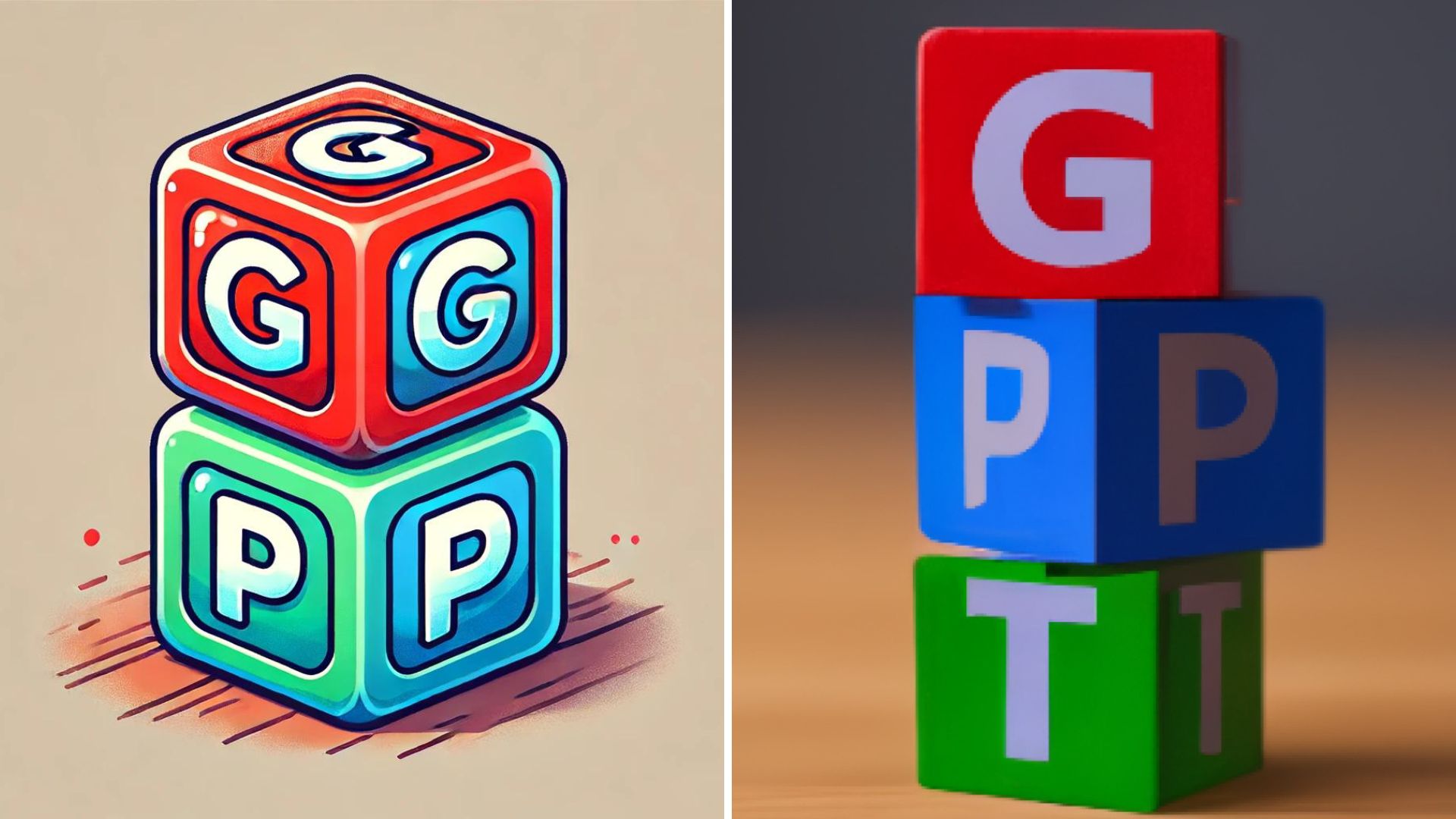Recently, entrepreneur and co-founder of Infosys, Nandan Nilekani, said that India will need a million startups to become an $8 trillion economy by 2035. The country is actively working toward this goal, churning out multiple AI startups (LLM wrappers or not) and exploring different domains.
Edtech, however, has experienced a tumultuous time over the past few years, sparking doubts about how much people still want to invest in the sector.
WTFund Cohort Study
Zerodha co-founder Nikhil Kamath’s WTFund 2024 cohort, which focuses on first-time founders under 25, recently received over 4,000 applications across both cohorts. In the recent cohort, nine startups were selected, for which the WTFund will provide ₹20 lakh in grants, along with mentorship and support to scale their early-stage startups.
An interesting observation from the applications was that 15% of the total startups were in the edtech sector. The largest portion, 28%, was from founders investing in SaaS/Tech startups.
Ideally, edtech’s abysmal performance over the past decade should discourage people from betting heavily on it.
While we all know that the biggest edtech company, Byju’s, made huge losses, laid off 1000s of employees, and saw its valuation plummet from $22 billion to $1 billion, the optimism around the domain still remains. This was evident in WTFund’s data, which showed a fairly good number of pitches, i.e. 600, in the edtech sector.
But Why Did Edtech Fail?
India’s edtech startup ecosystem has witnessed significant failures over the past decade. According to data obtained from Tracxn, 2,780 Indian edtech startups shut down in the past decade (between 2015 and 2024).
While the early years (2015-2019) saw 630 closures, the period between 2020 and 2024 experienced a sharp surge, with 2,150 startups ceasing operations.
The spike in failures in recent years reflects the volatile nature of the edtech landscape, where factors such as funding slowdowns, increased competition, and shifting market demands have played a crucial role. Additionally, the Covid-19 pandemic that caused the edtech boom fizzled over the years.
Data indicates that edtech startups folded within 3-4 years of inception (avg: 3.6 years). Maharashtra, Karnataka, and Delhi emerged as the top states with the most startup shutdowns, with Delhi and Bengaluru leading at the city level.
Still Thriving?
Though the numbers may not be promising, there are still many thriving edtech companies. Physics Wallah, founded by Alakh Pandey in 2016, has grown from a YouTube channel into a leading edtech platform focused on JEE and NEET preparation. The company recently made a confidential filing of draft papers for ₹4,600 crore IPO.
Besides 55 lakh paid students, 4.6 crore YouTube subscribers, and over 130 offline centres, the company last raised $210 million, bringing its valuation to $2.8 billion. Last year, the company launched Alakh AI, a suite of generative AI products to help students from tier 2 and 3 cities access premium quality education. In fact, 85% of their enrollment comes from smaller cities.
In an earlier interaction with AIM, Vineet Govil, CTPO of PhysicsWallah, stated that the company uses OpenAI’s GPT-4o and fine-tunes it with a question bank of nearly a million entries and over 20,000 videos. He added that they have built a custom layer using the RAG architecture and a vector database to generate context-aware responses.
Similarly, another Indian edtech platform, Vedantu is preparing for an IPO. The company specialises in K-12 and competitive exams using its WAVE (Whiteboard Audio Video Environment) technology. As per December results, the company’s net loss declined by 58% when compared to the previous year. The company plans to launch an IPO of $150-200 million in the next two years.
While a few edtech players continue to thrive, historical data may not be too encouraging for Indian players looking to dip into the space.

 3 weeks ago
10
3 weeks ago
10


